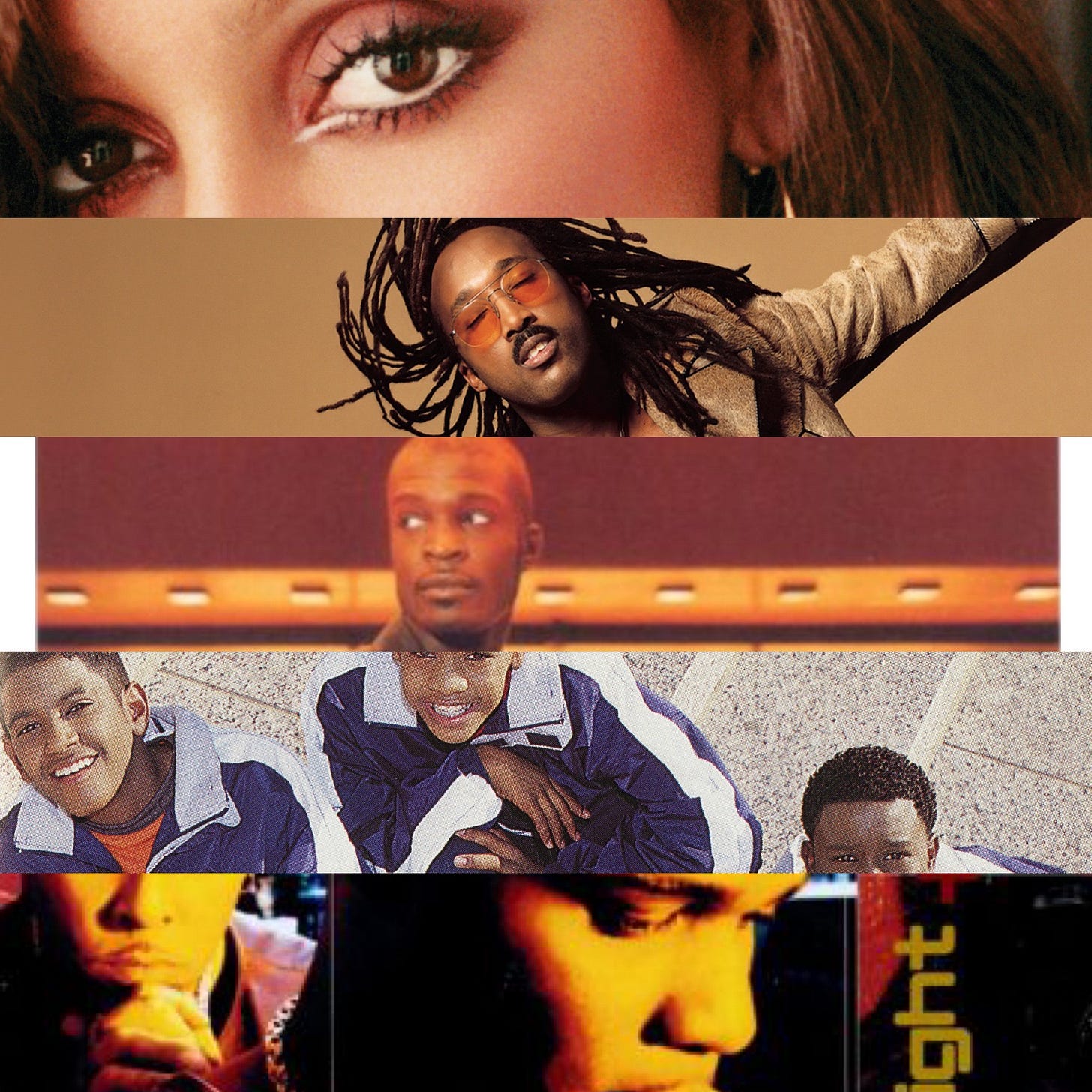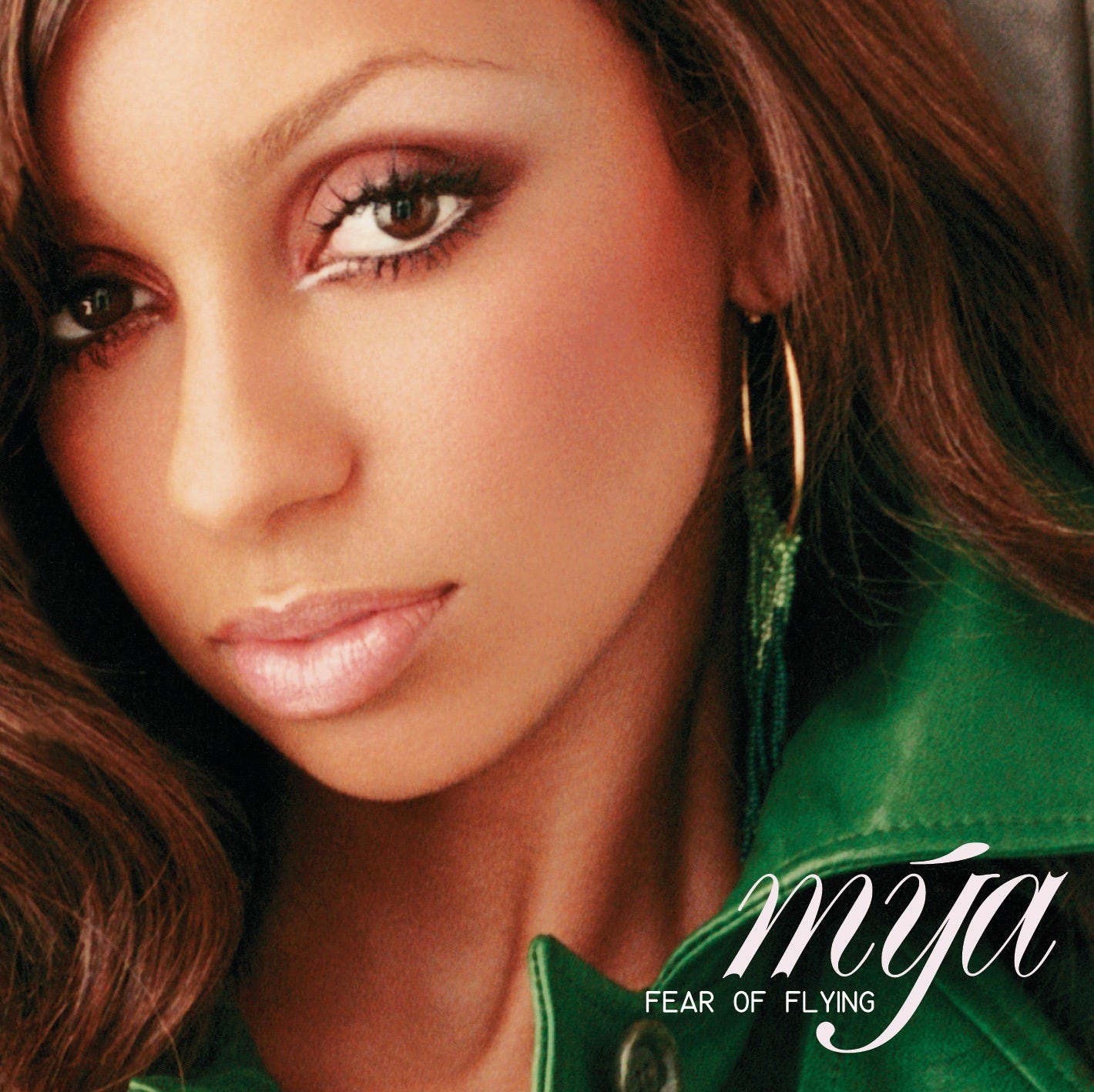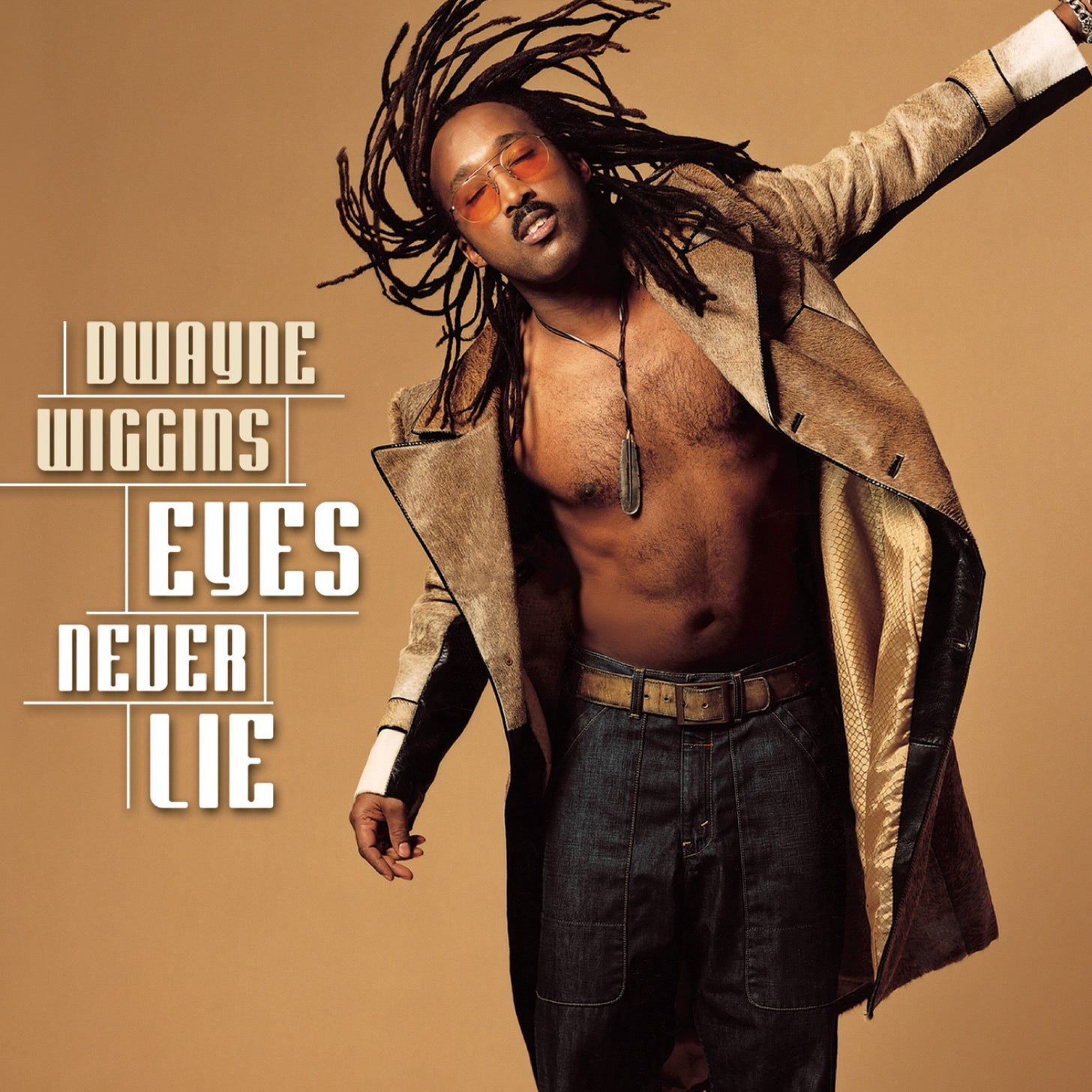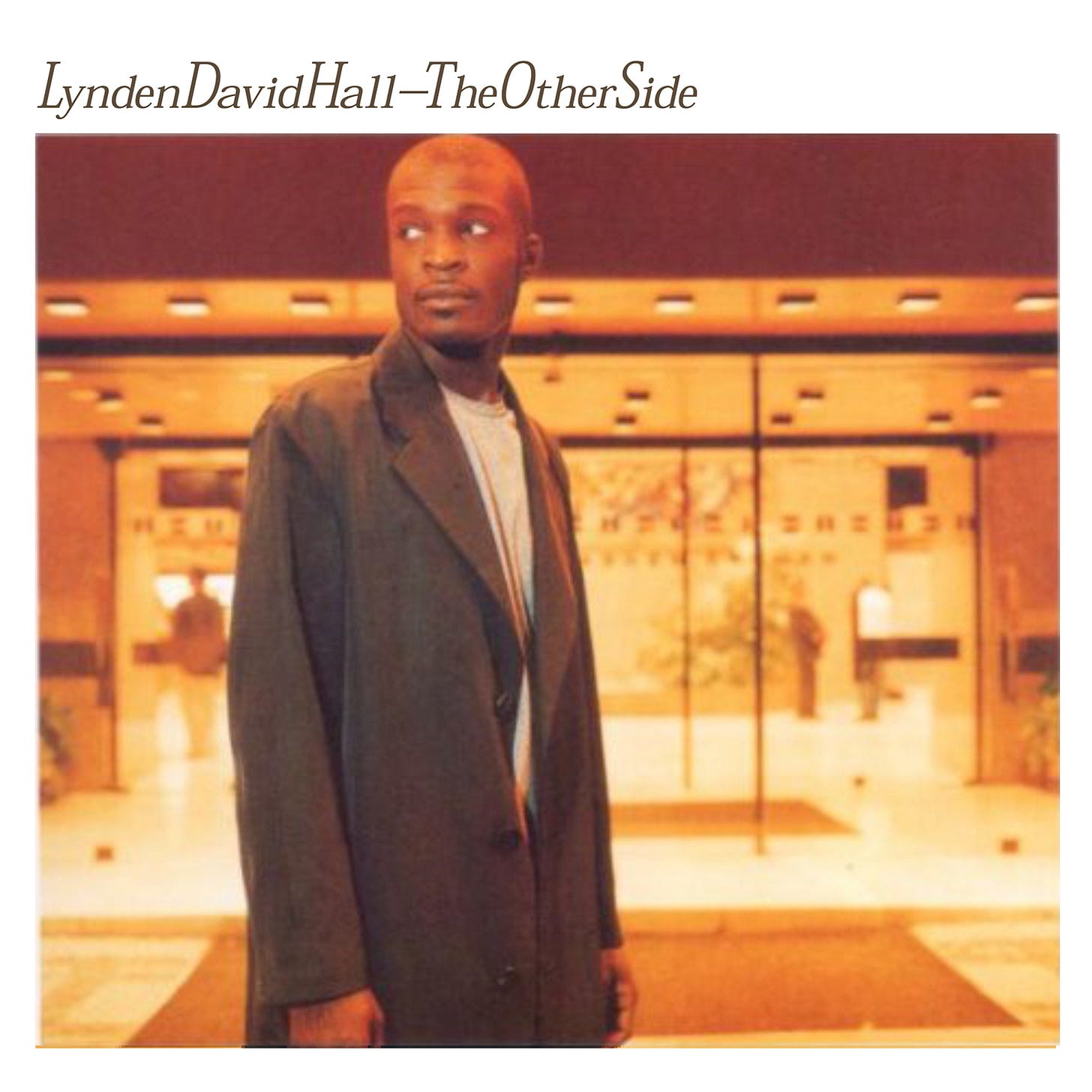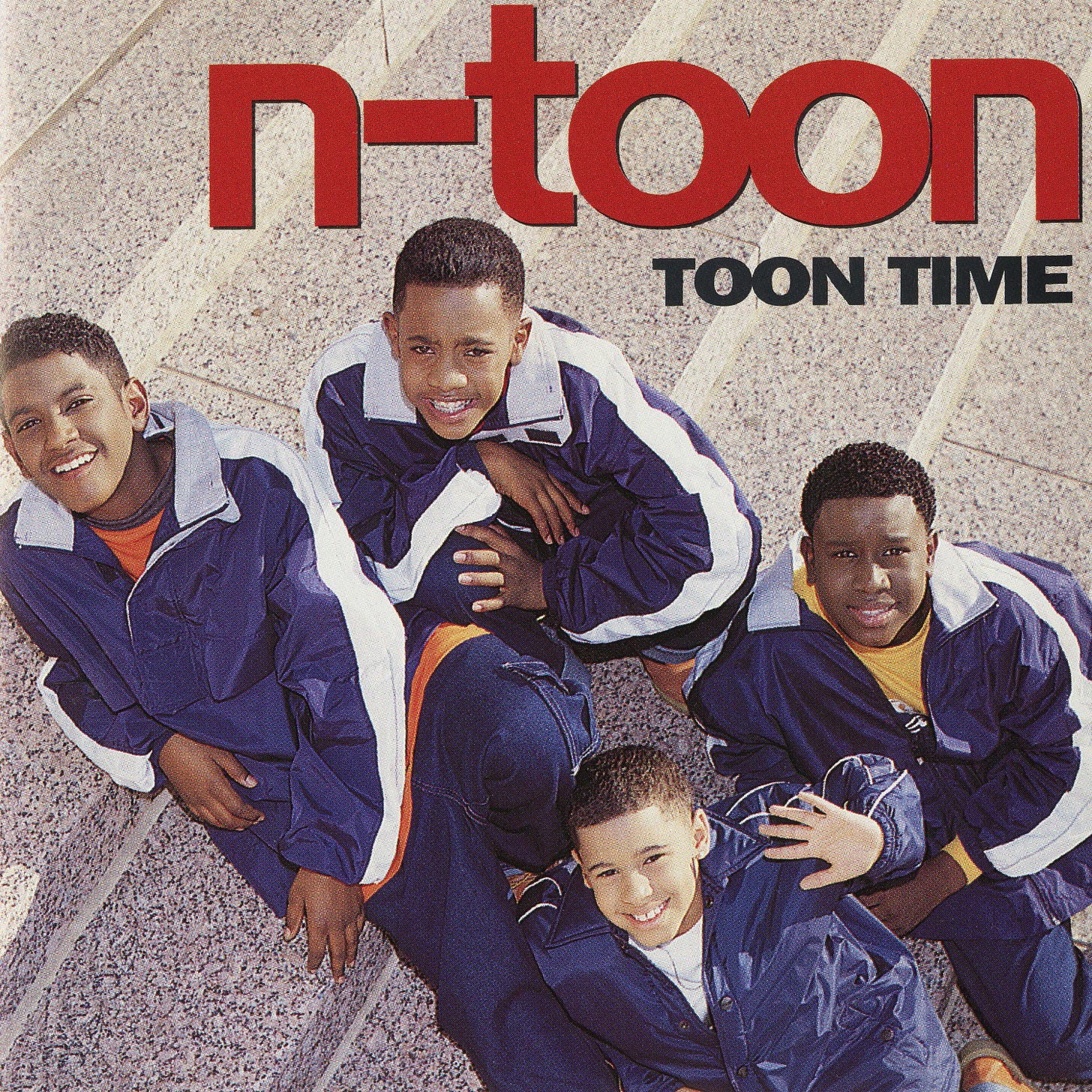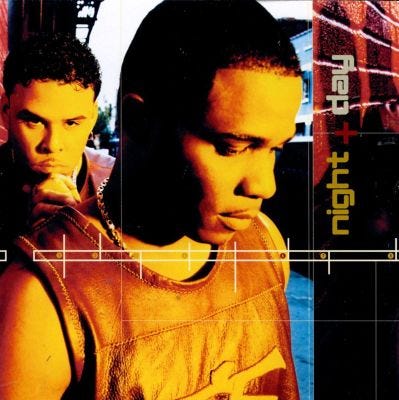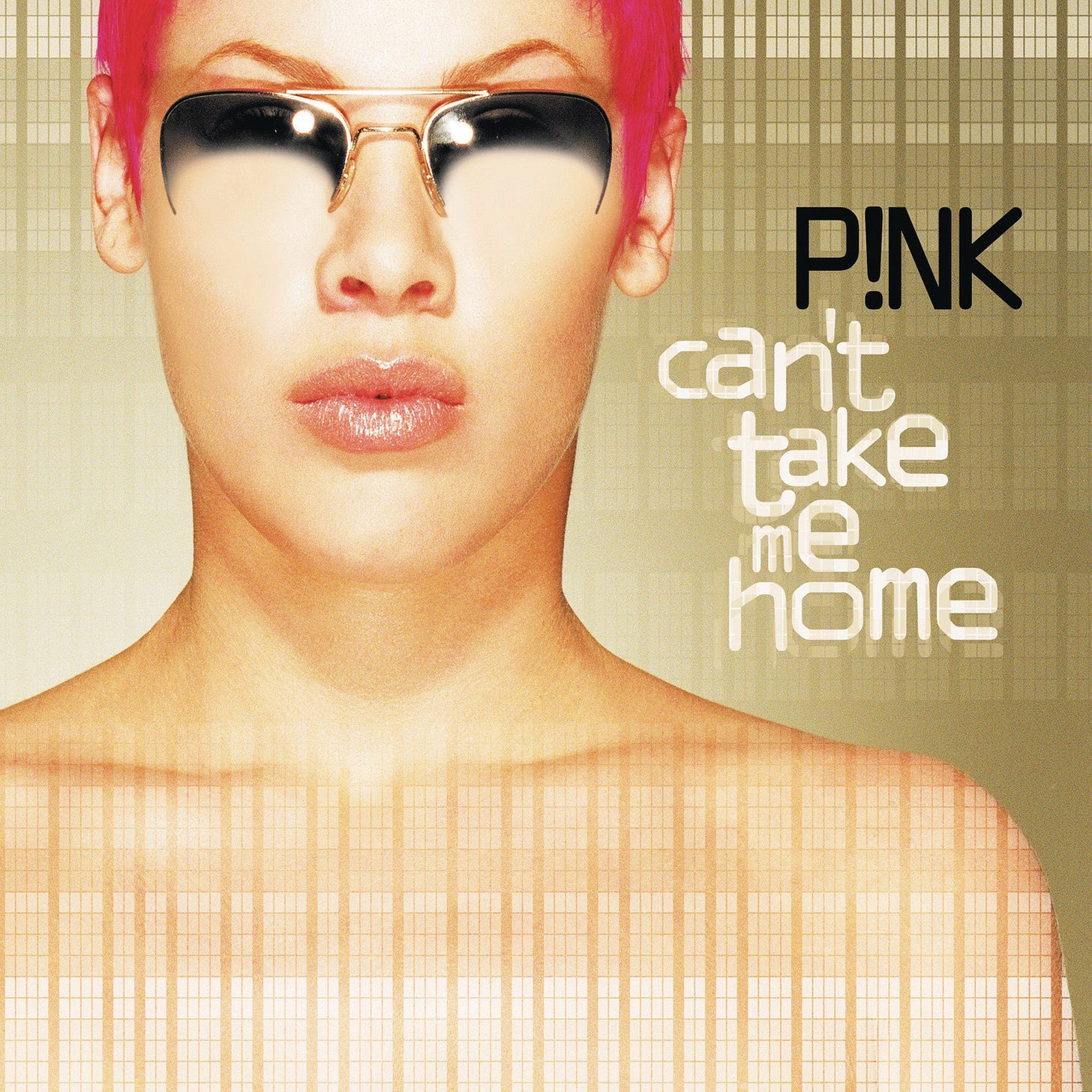Five 2000 R&B Albums That Caught Us Off Guard in the Best Way
These are the albums that make you rethink whatever you assumed from the lead tracks. The deeper cuts do the kind of work the marketing never bothered to point at.
Twenty-five years later, the year 2000 feels like a hinge—R&B standing between analog luxury and digital precision, between the old A&R era and the algorithm’s rise. Five 2000 R&B Albums revisits that crossover moment, when singers, producers, and labels were still negotiating how grown-up soul could live inside a pop machine. The series looks back at that moment through the projects that defined its balance, where records caught between slow jams and singles culture, between the sound of human touch and the pull of technology (even if specific albums aren’t rated highly or are forgotten amid competition).
Mýa, Fear of Flying
Once, I heard somebody say, “Mya definitely has the essence that can crush a hardcore hip-hop head’s heart,” and at the time, I just couldn’t relate at all. I’m the kind of person who gets turned off by that exaggeratedly cute-girly air and the fawning sexiness, so I honestly couldn’t see what anyone found so appealing. In reality, the advance single “Best of Me” produced by Swizz Beatz and featuring Jadakiss was, to my ears, neither especially good nor especially bad—hardly the kind of song that would win over diehard heads who were pulled in by the first album. I just got more confused. Are guys really satisfied with “she’s cute, that’s enough?” So in my mind, Mya had been filed away as a pop idol singer. It’s been two years since the last album, and now there’s this new one—Fear of Flying—and it completely overturns those expectations.
The Swizz-handled intro “Turn It Up (Intro)” is strangely cool, and the way she sings “Case of the Ex,” like she’s trying to swallow down her worries right from the top, combined with that melody and lyric (super bitter!), makes for something genuinely thrilling. I still thought, “Okay, this alone doesn’t convince me yet,” but then the Rodney Jerkins production “That’s Why I Wanna Fight” hit me square in the skull. It’s not about a switch-up beat or some eccentric construction, and it’s not that same old “Rodney style” I’d gotten tired of either. For him, it’s more of a new frontier: the beat pattern even feels restrained compared to his usual, and that restraint actually seeps into your ears in a fresh way, while the track as a whole still keeps a properly up-to-date sheen. With backing this strong, a “cute-girl” singer can finally show her real ability and throw that pretty energy around hard. I can kind of see why men say, “If she’s cute, that’s enough!” now.
Among the other uptempo tunes, “How You Gonna Tell Me” and “Turn It Up (Intro)” are flawless, and especially the She’kspere-produced cut in the “Bills, Bills, Bills”-style vein—“How You Gonna Tell Me,” where she rises from low to high notes in one go—makes you involuntarily fixate on her vocal moves. That her appeal comes out on uptempo tracks was already proven on “Ghetto Supastar” and “Take Me There,” so that much was within expectations. What totally blindsided me this time, the thing that genuinely moved me, was how good she is on the slow songs. There’s a 6/8-time piano-backed ballad where her full, rounded tone gives you this sense of reassurance; that one’s great too, but the real standout is Darryl Pearson’s “For the First Time.” The way the song opens into a world that’s heavy and fused, like the deep sea, completely overturns her existing image; it even gives off a kind of holiness, a solemn air. And over that gentle melody, her whispering voice is just the best. You can feel her determination—“I’m not just some decorative singer!”—so strongly it almost hurts, and it’s incredibly encouraging.
On the downside, Wyclef-produced tracks like “Pussycats” and “Takin’ Me Over” don’t really stand out, and there’s some pure white pop in there that makes you want to complain a bit, but the quality of the songs I just mentioned is enough to balance those issues out. It’s rare to see this many in-demand producers gathered on one album, and in that sense, you could say this is a peak-of-the-moment record in its own right. — Kendra Vale
D’Wayne Wiggins, Eyes Never Lie
The first member of Tony! Toni! Toné! to release a solo album was the most stubborn purist of the bunch, and his name was D’Wayne. In contrast to Raphael Saadiq, who’s calculating and slick, D’Wayne is rough-edged and a total music nerd. Around the time Raphael put out “Ask of You,” which flipped “Sukiyaki” as a sample, D’Wayne was fully producing an entire album by B.I.L., steeped in adult eroticism. On the Panther soundtrack, he even took the rare step of singing lead himself on their cover of Sly & the Family Stone’s “Stand,” making his love of funk loud and clear. As a member of the Tonies, he’s always stayed true to his own musical instincts. I’m sure there are plenty of fans, myself included, who have sometimes chuckled at how clumsy he can be, but watched him with a whole lot of affection.
So now we have this solo album. He opens with a bare “Fly Me to the Moon,” just voice and guitar, then on “R&B Singer,” he rides a big, thick funk beat declaring, “I’m an R&B singer!” If you’re a fan, you’ll probably sit with each song and chew on it slowly. He’s not a technically great singer, but he sings with his whole body more than a lot of “trained” vocalists who only work their vocal cords. Once he picks up a guitar, melodies just seem to spill out of his mouth and fingertips—he’s that kind of musician. On “What’s Really Going On (Strange Fruit),” he uses the image from the cover of Billie Holiday’s autobiography Lady Sings the Blues—that drawing of a Black man’s lynched body hanging from a tree—to launch a fierce critique of racism. Instead of expressing it through violent sound, he uses warm tones that feel like he’s sharing deep sorrow with his people, himself included, to dig into listeners’ hearts and call out to them.
Then there’s “Let’s Make a Baby,” which plays like a playful spin on James Ingram and Patti Austin’s “Baby, Come to Me,” and “Rollin’ Mountain,” co-written with Jamie Foxx; he stages those love songs in a romantic way, of course, but his music also carries deep love and a small, candle-flame-like sense of peace. That’s just as true of rough funk workouts like “Move With Me” and “Flower,” which are his specialties—the slightly out-of-tune, casually plucked guitar and the somewhat ramshackle but romantic backing vocals feel like they’re reminding ears that have gotten used to super-tidy digital sound what fresh, newborn music really feels like. You can listen simply to feel the unvarnished charm of someone grounded in R&B’s roots and imagine what kind of generous, dyed-in-the-wool music lover he must be. Or you can go back over Tony! Toni! Toné!’s catalog and reconsider what D’Wayne’s role in the group really was—that’s fun too. With Raphael getting ready to release the new Lucy Pearl project, he put together with Dawn from En Vogue and Ali, formerly of A Tribe Called Quest, and with this strong solo set from D’Wayne, fans are going to have plenty to enjoy for a while. We miss you dearly. — Asa McKenzie
Lynden David Hall, The Other Side
Man, this is great—live, organic feel with just the right amount of retro aroma, and above all, you can really sense how many melodic “drawers” he has. UK soul’s conscience, Lynden David Hall, has brought back that same “good feeling” I had years ago with his work, The Other Side. Watching D’Angelo, on Voodoo, willingly sink himself into the bottomless swamp of funk, there’s a kind of scariness to that, and it’s made my personal relationship to him as an artist a little complicated. With Lynden, though, there’s none of that forced difficulty—you get the sense you can just lie back with him, and maybe that’s why. (In that sense, the way people rate him probably shows up in things like his MOBO Best Newcomer award.) The album opens with production very much in line with current trends, but since he’s a multi-instrumentalist, the way he incorporates jittery hi-hats and odd meter beats feels half like he’s doing it for fun.
The end result is that there’s new blood running through his songwriting, so as an experiment, it’s a big success. From there, the record moves into the kind of songs that carry over the first impressions we all had of Lynden at debut. On stripped-down cuts like “Say It Ain’t So” and “U Let Him Have U,” where there’s not a single wasted sound, his silky, Al Green-style vocal work is showcased perfectly. On “Hard Way,” with its almost-country looseness, he reveals a wild streak we didn’t see on the first album. For those who feel, “Lynden’s supposed to make you cry, that’s the point,” there are proper moments set aside too. The slightly stooped, eyes-downward feel of “The Other Side,” and the way the melody of “Are We Still Cool?” lets the tension go for a second, are both incredibly appealing. There are plenty of tracks that steal your ear, like the beautiful ballad “Dead and Gone,” whose structure makes his taste for Sly & the Family Stone and the Isley Brothers totally obvious. But the real killer is “Forgive Me.” That bittersweet melodic line will have anyone walking into walls.
On his cover of the Staple Singers’ “Let’s Do It Again,” the atmosphere he created with Bob Power on the previous album comes rushing back, and he once again nails the hearts of the fans he won over last time. For anyone who still wants to soak in that so-called D’Angelo-ish texture, this is the perfect medicine. Speaking of Bob Power, he was a crucial figure in shaping the vibe of the last album. His name is nowhere to be found in the credits of this new one, though. Combine that with this album title, and at first, I was worried he might have radically changed direction, but that fear was totally misplaced. Without relying on any superstar producer, the songs he’s crafted himself have enormous strength even in a time when “neo-soul” as a label doesn’t mean much anymore. If this is nostalgia, I’m all for it. This is the kind of bull’s-eye record that makes you want to brush aside any “retro” criticism. — Brandon O’Sullivan
N-Toon, Noon Time
As a side note about the R&B world: when it comes to really young singers, they sometimes make not just the usual promo videos, but separate industry-only promo clips. In those, you’ll see footage of nonstop elementary-school visits. I saw this with Sammie—he does showcases in school gyms, then there’s a Q&A corner, “Please support me,” that kind of thing (before he became a horrible being). The contrast between the girls’ piercing screams and the boys’ sullen faces is funny, but more than anything, the way America backs entertainment in public spaces like schools (even if some are private) and places of study feels like it lays the groundwork for future mega-hits. That’s something you’d never imagine in various countries. Atlanta-born super-kid group N-Toon is probably doing that kind of grassroots promo too. The story says they were discovered in ‘96 by Joyce Irby (formerly of Klymaxx), which definitely has that showbiz smell (sometimes that’s a good thing). The four members (Lloyd among them), ages nine to thirteen, are painfully young. Because of that, the vocals can be shaky; if the singing had that “so bad it’s good” character, it might be okay, but here it mainly triggers that uneasy, “am I complicit in something exploitative?” feeling.
It’s like the liner notes trying to pre-empt worries like mine: they say it took more than three years to get to their debut “because of all the lessons,” but I can’t help suspecting that putting them out any earlier might not have withstood public opinion (or, really, the basic goodwill of the audience). Even so, bubblegum pop has its fleeting, can-only-happen-right-now gems, and here those are represented by songs like “Ready” and “Now You’re All Alone,” with their bittersweet, nostalgic singing and production. Especially “Now You’re All Alone,” where the syncopated beat and boyish voices match so well—it’s fantastic. Since they’re from Atlanta, heavy-hitters like Dallas Austin and Tricky Stewart show up as producers. Austin co-writes songs like “A Girl Like That” and “Shoulda Been My Girl,” but his own composition “Happy Father’s Day,” sung by these four (for all the concept, it ends up making them sound even younger than they are), doesn’t quite work for me—“A Girl Like That” is good, though. By contrast, the tracks co-written by the discoverer Joyce Irby, like “It’s Your Birthday” (which even features Sammie) and “Lisa Lisa,” are built to emphasize pure, unsullied kid-ness just like their titles suggest, but they come off a bit old-fashioned as vehicles to show “we can rap and we can sing.” Kids now are probably just casually listening to Ruff Ryders and the like.
All in all, it’s put together in a way that makes listeners think, “Kids aren’t as childish as adults assume.” The target at home is clearly teenagers—after all, Usher started out as a kid too and then moved straight into a grown-man sex-symbol lane. If you aim too low age-wise, the moment they start to grow up, you’re going to get overtaken in a hurry. — Jill Wannasa
Night & Day, Night & Day
This major-label debut from the male vocal duo Night & Day is actually their second album. I say “major debut” because they quietly released an indie album four years ago on a completely unknown indie label called Blackhouse Records. That first record, mostly made up of languid slow jams, didn’t have any remarkable production tricks, but the two voices, steeped in classic soul mannerisms, left a strong impression—it was a fine album. So when I heard this new one was coming out on Jive, I was surprised, but at the same time, it really did feel like a talented second-stringer finally getting called up to the big leagues, and I couldn’t help feeling happy for them. Cases like this are rare these days, and you could take it as evidence that their mix of luck and ability is the real deal.
I don’t know exactly how they ended up getting picked up by a major, but the path to this album has been a steady series of steps where they quietly proved what they can do. They first appeared on Keith Sweat’s album Still in the Game, then showed up on albums by future labelmates Marc Dorsey and Imajin, and finally made their major-artist debut with “Dante’s Girl” on The Wood soundtrack. Their strength as songwriters is another point that shouldn’t be overlooked. This second album is dominated by slow-to-midtempo tunes like “Dante’s Girl,” and the key thing is that every one of them is colored by Night & Day’s own deep R&B world. Of course, the soulful voices of Tony and Gaz, which we already heard on the first album, are fully intact: the thick voice and the tenor voice as dual leads are incredibly powerful. Especially the thicker voice—R&B fans are going to have several moments where they suddenly sit up and feel a jolt in their chest.
Starting with “Is U Is,” which calls K-Ci & JoJo to mind, every slow track lets you fully enjoy their deep, fiery vocals. There are interesting touches too, like the slow jam “Parlay,” which still somehow gives off a West Coast hip-hop feel, and “I’ll Make You Say Oh,” whose Keith Sweat-style synths add a funky edge. “You Pulled Me Out the Game” actually made me cry. Even the uptempo tracks are strong, all of them with that distinct West Coast, Quest-coast hip-hop feel that seeps out naturally. “What the Deal Be? (Baby’s Daddy)” with Too $hort is insanely cool, and “Can You Feel It” with its futuristic vibe (and Jane Blaze guesting) feels like they’re fine with newer sensibilities, too. The whole album is self-produced; it’s not flashy, but the solid work they’re doing here makes you think they’re going to get more and more production requests down the line. — Murffey Zavier
And one last thing… Expect the unexpected.
P!nk, Can’t Take Me Home
It seems that in America, there are still young people with tremendous talent, young people who let that talent bloom in the field of music. Personally, the mixture-rock band Slipknot, who climbed the charts from the deep countryside of Iowa, felt thrilling to me recently. P!nk, who I’m introducing this time before she became “mizundastood,” gave me the same kind of shock I felt when I heard that band. The artist debuting from LaFace, a major brand in the Black-music world, is an eighteen-year-old girl. She is from Philadelphia. Her biography says, plainly put, she was precocious and went through various experiences early on. She grew up familiar with her father’s singing, and by the time she reached her teens, she was already going to local clubs regularly. Around that time, while having multiple sides—hip-hop, singing in rock bands, liking rave parties—she continued sinking into music. In the middle of that, she passed an audition, was selected for a group called Choice that LaFace signed, but it disbanded immediately.
However, the label did not give up on her talent. After polishing her songwriting skills, she approached L.A. Reid. After that, she signed as a solo artist—this is the rough flow leading up to her debut. Into the talent that L.A. Reid fell in love with, the label poured top-tier creators without holding back. Kevin “She’kspere” Briggs, who became a globally recognized hitmaker with TLC’s “No Scrubs.” Soulshock, Tricky, and other big-name members are listed, but seeing Babyface’s credit naturally raises expectations. He is said to be working on a new album, and the fact that he participates with three songs here makes you wonder if the label is betting the company on this. And he has the past results that make listeners believe that.
“Split Personality” is produced by Babyface. Listening to this song, I had a slight worry that LaFace was trying to push another teen idol like Britney Spears, who, at the time, was everywhere, but that seems to have been a needless concern. The melody line definitely shows Babyface’s flavor. However, it is clearly different from his usual style. Like 1999’s TLC and Missy Elliott, he is handling next-generation production with a new feel (for him). Yet it is still boldly his style. The same goes for “Most Girls.” It made me look forward to his new work. My personal best is “Let Me Let You Know.” Surprisingly, it fits perfectly with her cool vocal lines. Too bad, she acts like that era doesn’t exist anymore and says they were forced into making this style of music, despite her background saying otherwise. — DeShawn Ellis


